Popular Articles
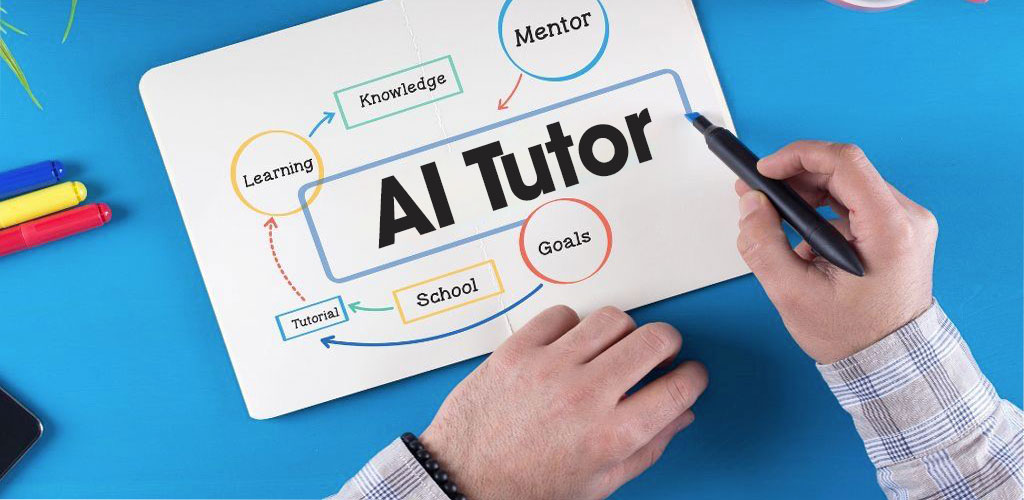
AI Tutors: Revolution or Risk?
The rapid emergence of AI in education has sparked both excitement and concern. With AI tutors now capable of personalizing learning experiences, answering complex questions, and even offering emotional support, the classroom of the future looks radically different. But with such potential also comes the question: are we handing over too much? This article dives into the transformative power of AI tutors, the societal shifts they bring, and the nuanced risks they pose to students, teachers, and learning itself.
The Future of Education
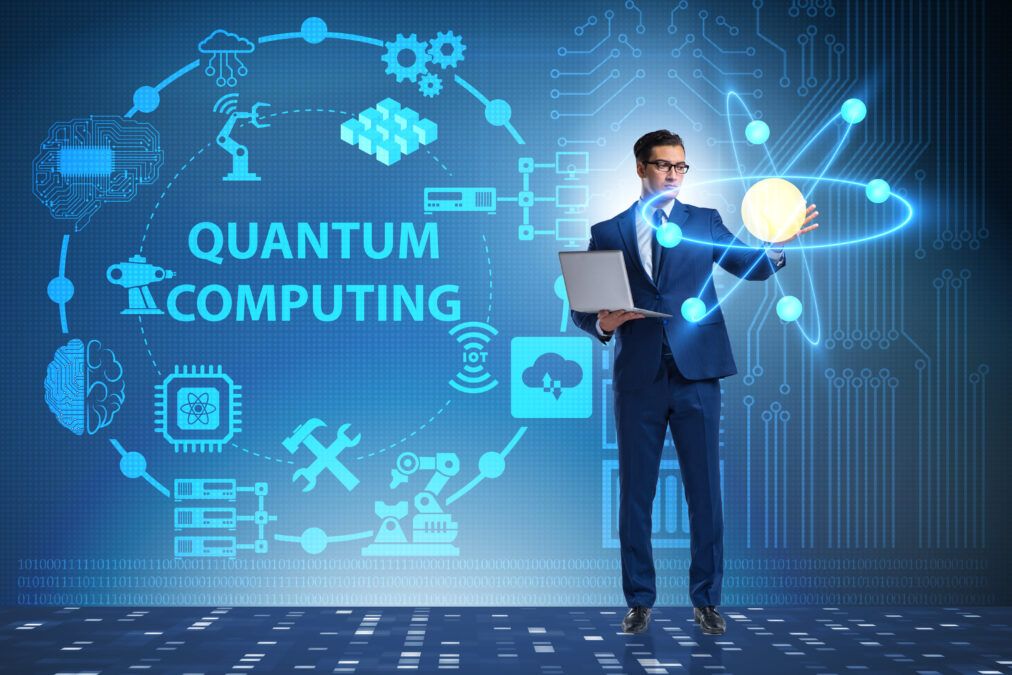
How Quantum Computing Will Change Everything
Imagine a computer so powerful it could unravel today’s most secure encryption in seconds, model the molecular structure of a new life-saving drug in minutes, or simulate the birth of the universe with unparalleled precision. This isn’t the stuff of science fiction—it’s the promise of quantum computing, a revolutionary technology that leverages the counterintuitive rules of quantum mechanics. Unlike classical computers that process information in binary (0s and 1s), quantum computers use qubits, which can exist in multiple states simultaneously. This shift doesn’t just mean faster computing—it opens doors to fundamentally new ways of solving problems. But with that power comes profound ethical, scientific, and societal consequences.
Future Technologies
Latest Articles
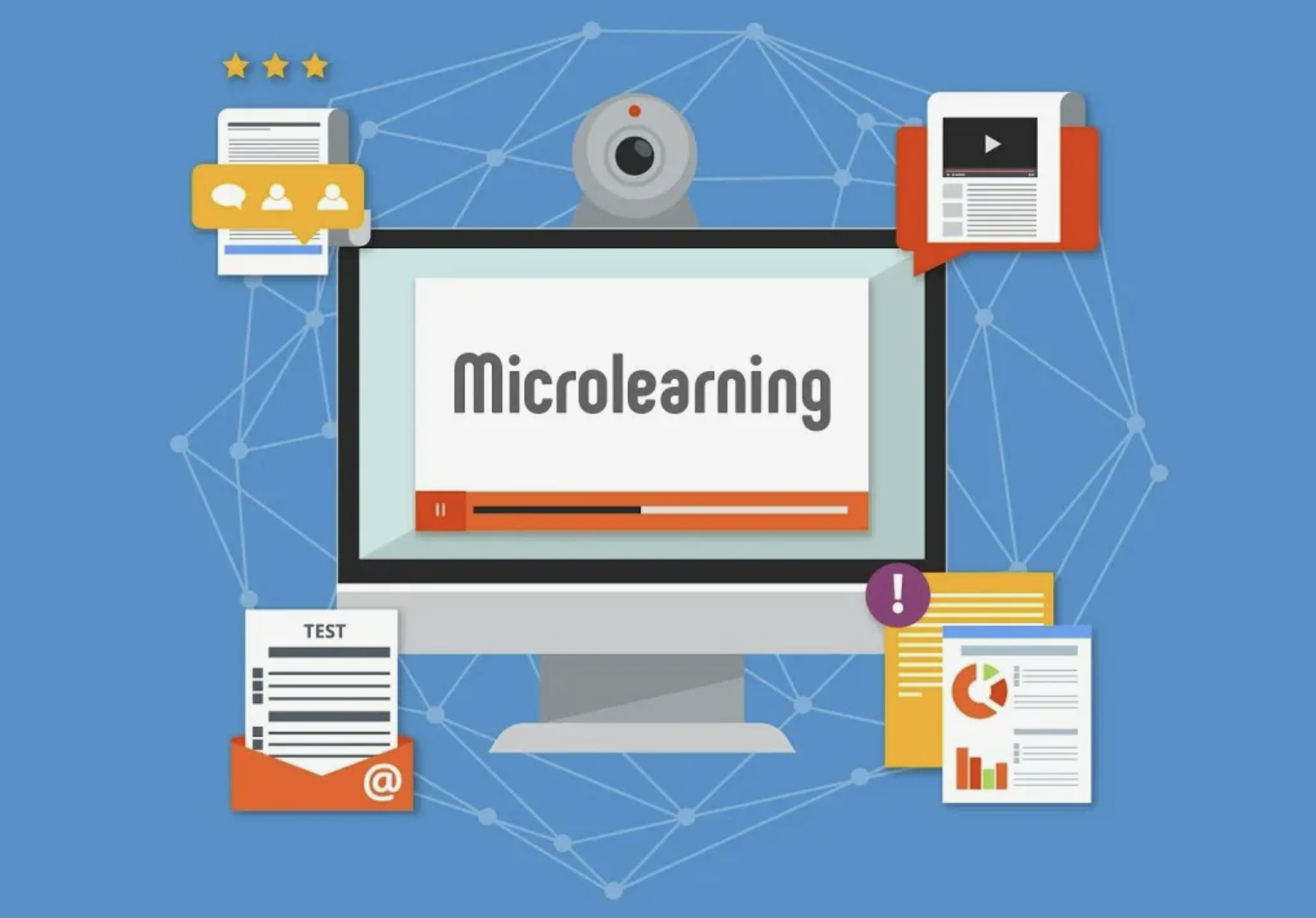
Microlearning: The Future of Skill Development
In an age where technological progress outpaces traditional education and attention spans are shrinking, microlearning emerges not as a buzzword, but as a necessity. From corporate training rooms to mobile learning apps, it reflects a seismic shift in how we acquire and retain knowledge. As industries race to reskill their workforce amidst automation and digital transformation, microlearning offers a nimble, personalized, and time-efficient approach. This evolution is not merely educational—it’s societal, altering how we define expertise, adapt to change, and democratize access to knowledge in a hyperconnected world.
The Future of Education
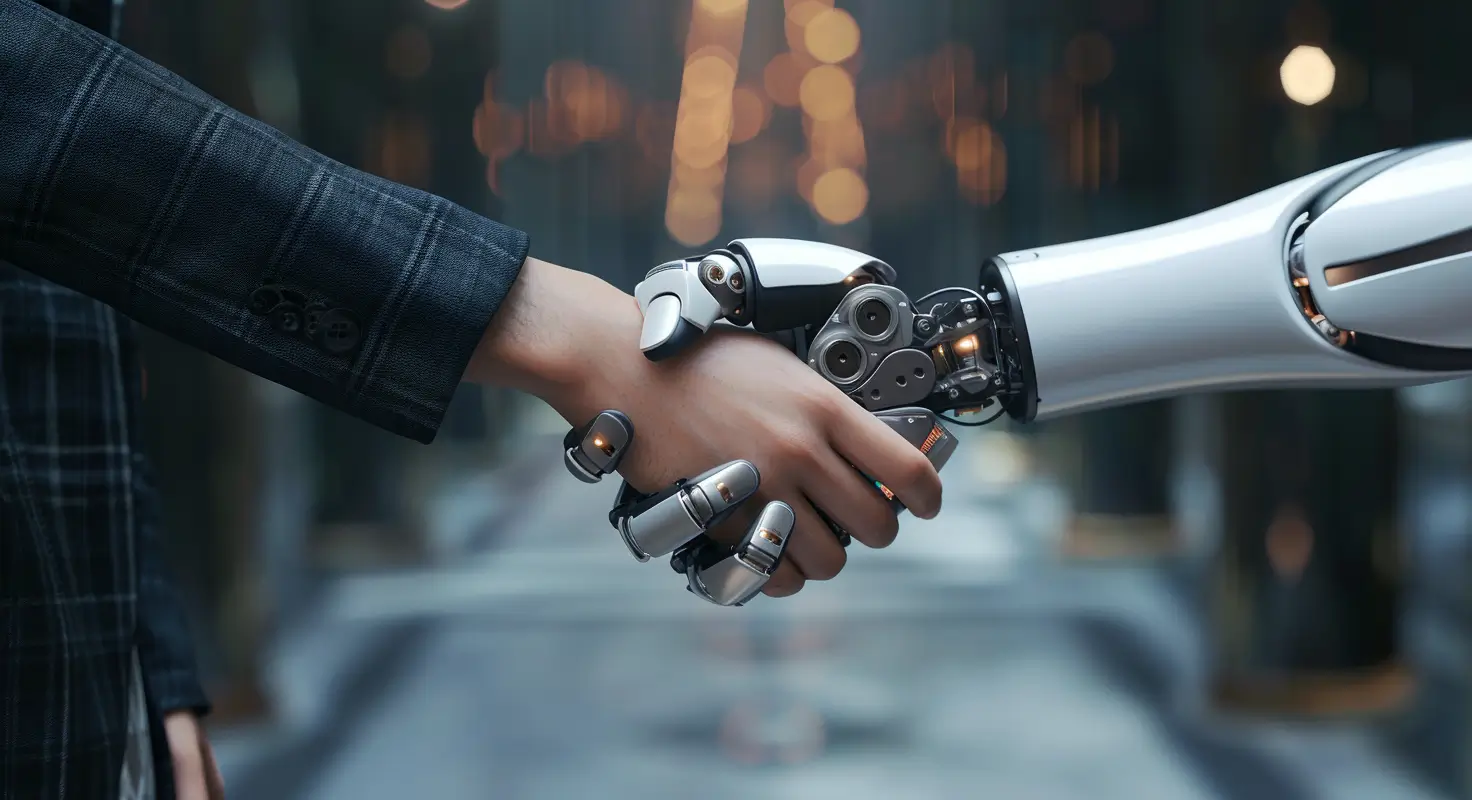
The Future of Human-AI Collaboration: A New Era of Synergy
In a world increasingly shaped by algorithms and automation, the question is no longer if artificial intelligence (AI) will change our lives—but how deeply and collaboratively it will. As AI systems grow more capable—writing code, diagnosing diseases, generating images, and optimizing logistics—they are not replacing humans wholesale. Instead, they are becoming collaborators, augmenting our decisions, creativity, and efficiency. The future of work, healthcare, education, governance, and even art depends on how we structure this partnership. The stakes are high: done right, AI can liberate human potential. Done wrong, it risks widening inequalities and eroding trust. That’s why understanding the future of human-AI collaboration is not optional—it is essential.
AI & Automation
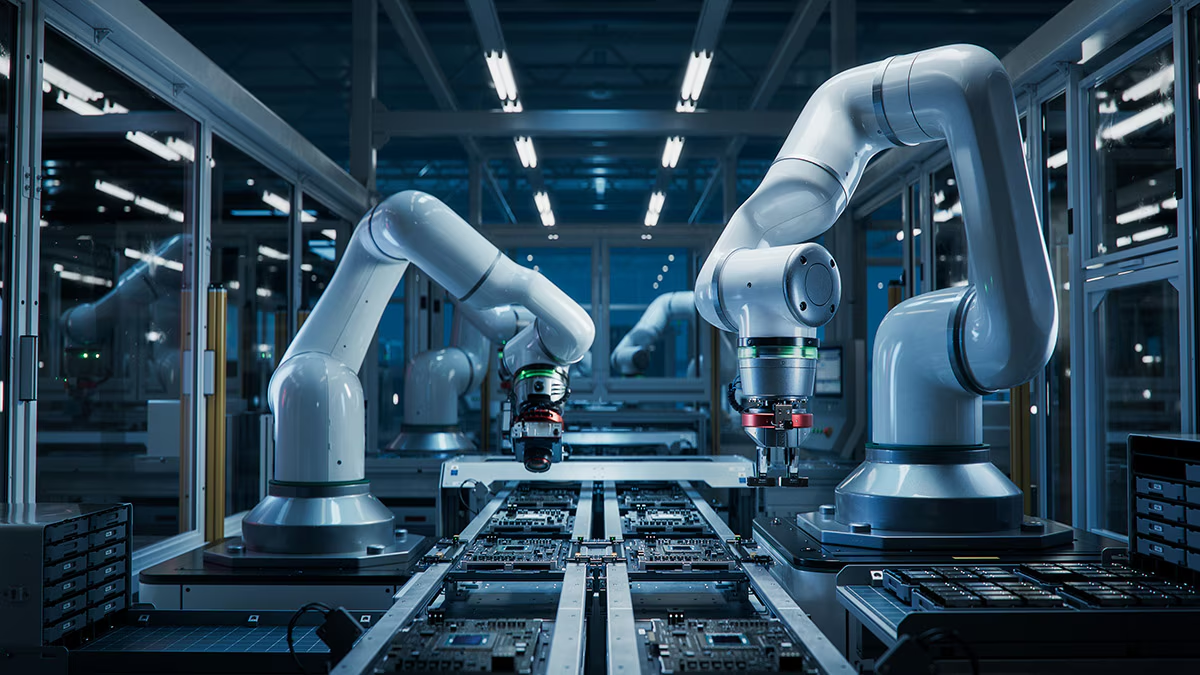
How Automation Is Changing Factories: The New Industrial Frontier
In an age where speed, precision, and adaptability define industrial success, automation is no longer a futuristic concept—it’s a present-day necessity. Factories worldwide are undergoing a profound transformation driven by robotics, artificial intelligence (AI), and data integration. What began as mechanical arms on assembly lines has evolved into smart systems capable of learning, predicting failures, and adapting to real-time demand. This shift is revolutionizing not only how goods are produced, but how supply chains operate, how labor is deployed, and how companies compete globally. Understanding this transformation is essential—not just for engineers, but for workers, policymakers, and consumers who are witnessing the rise of Industry 4.0.
AI & Automation
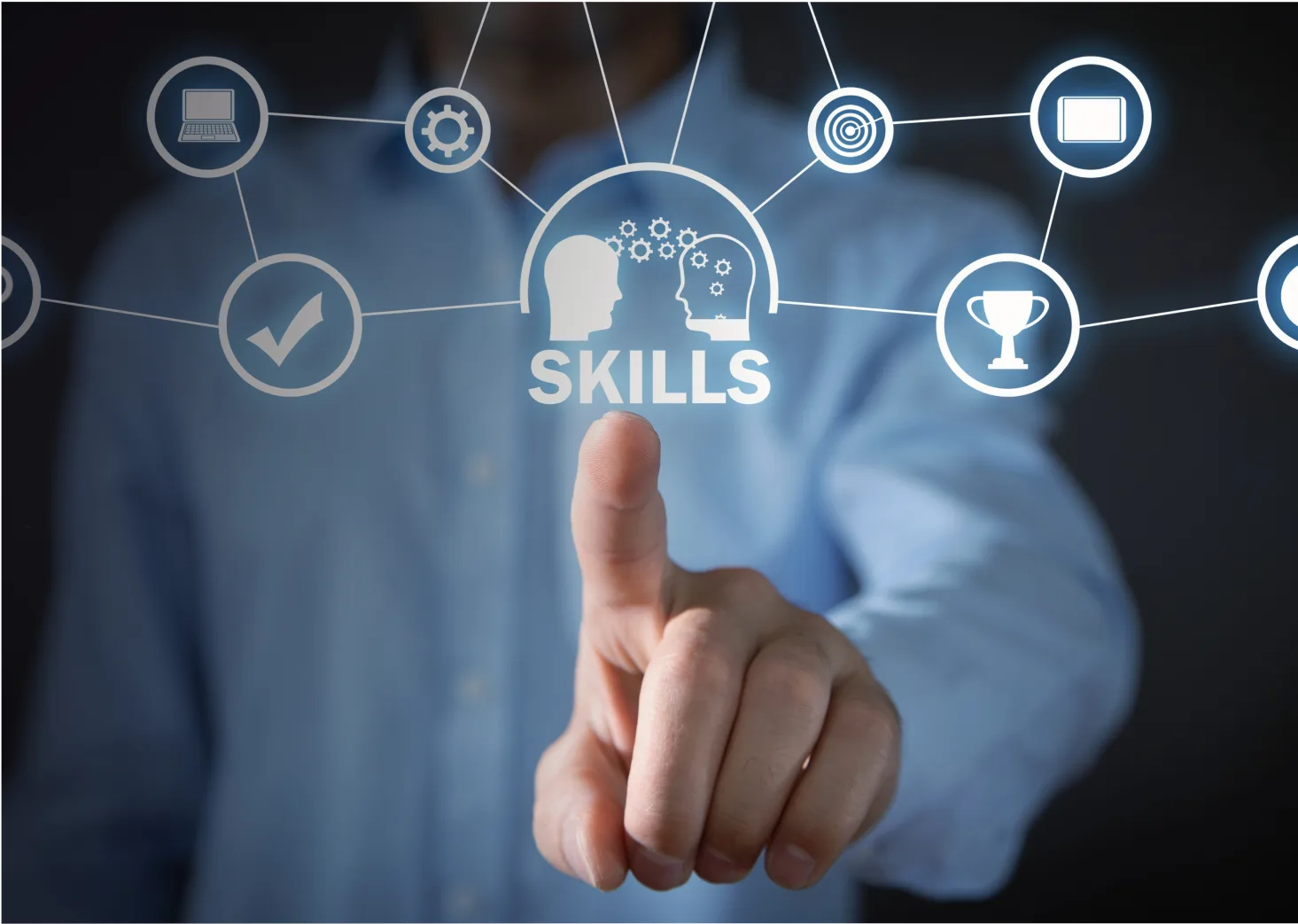
Essential Skills for the AI Age: Thriving in a World That Thinks
We are living through a quiet revolution. Unlike the industrial booms of the past, today’s transformation doesn’t roar with machines or smoke—it hums through algorithms, speaks in code, and learns silently in the background. Artificial Intelligence isn’t coming for your job—it’s coming with your job. And that makes this moment not one of panic, but of potential. In the AI age, the value of being human is being recalibrated. The future won’t just reward what machines can’t do—it will reward those who can work alongside machines, augmenting intelligence with creativity, ethics, and adaptability. The question isn’t, “Will AI replace me?” but “How do I become irreplaceable in a world shaped by AI?”
Careers & Skills of Tomorrow
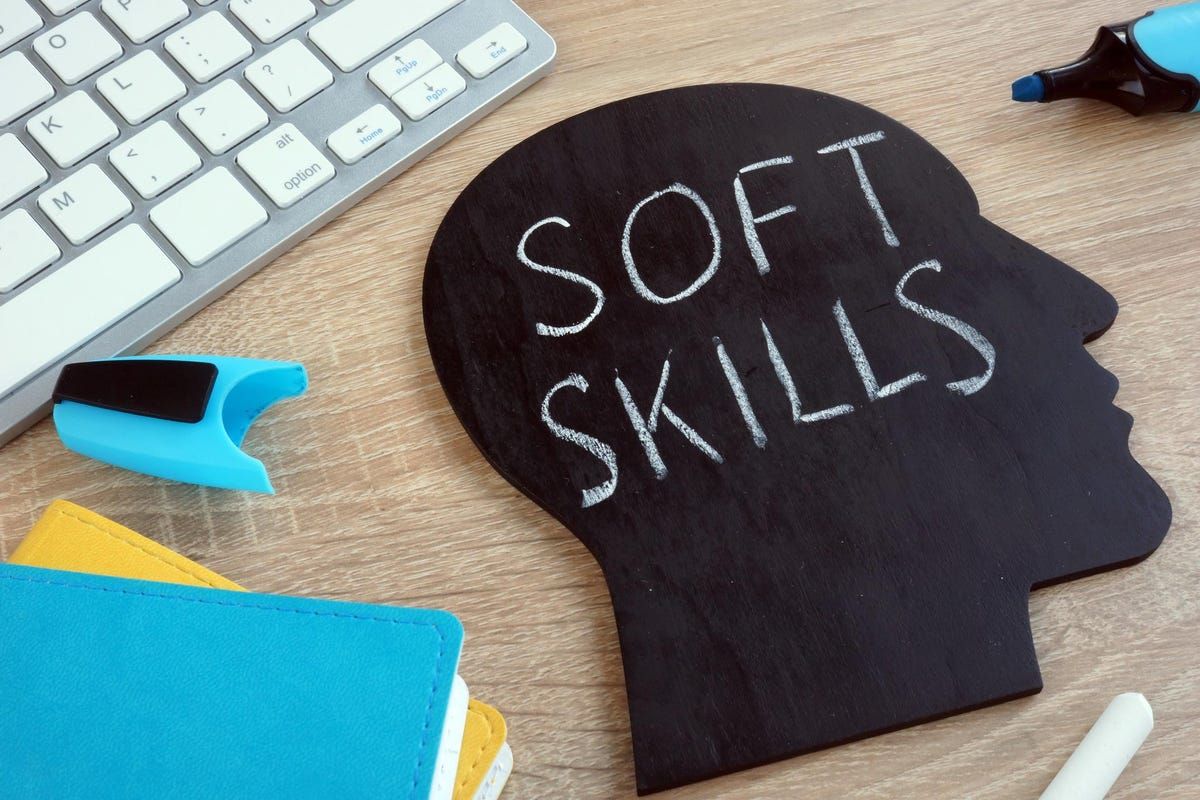
Soft Skills That Will Matter Most in 2030: The Human Edge in an AI-Driven World
In 2030, the workforce will look radically different. With AI, automation, and digital tools transforming industries, many jobs will evolve, and others may fade away entirely. However, there is one thing that machines will never replicate: the human touch. While technical skills will remain critical, soft skills—those less tangible, more interpersonal abilities—will define the future of work. These are the qualities that enable us to connect, collaborate, think critically, and lead with empathy. In a world where machines perform more of the transactional and routine tasks, humans will be expected to contribute value in ways that technology cannot. This shift will require us to hone a set of unique, essential skills that will be the hallmark of successful professionals in 2030. Let’s take a closer look at the soft skills that will matter most in the coming decade and explore why they’ll be the key to thriving in an AI-enhanced world.
Careers & Skills of Tomorrow
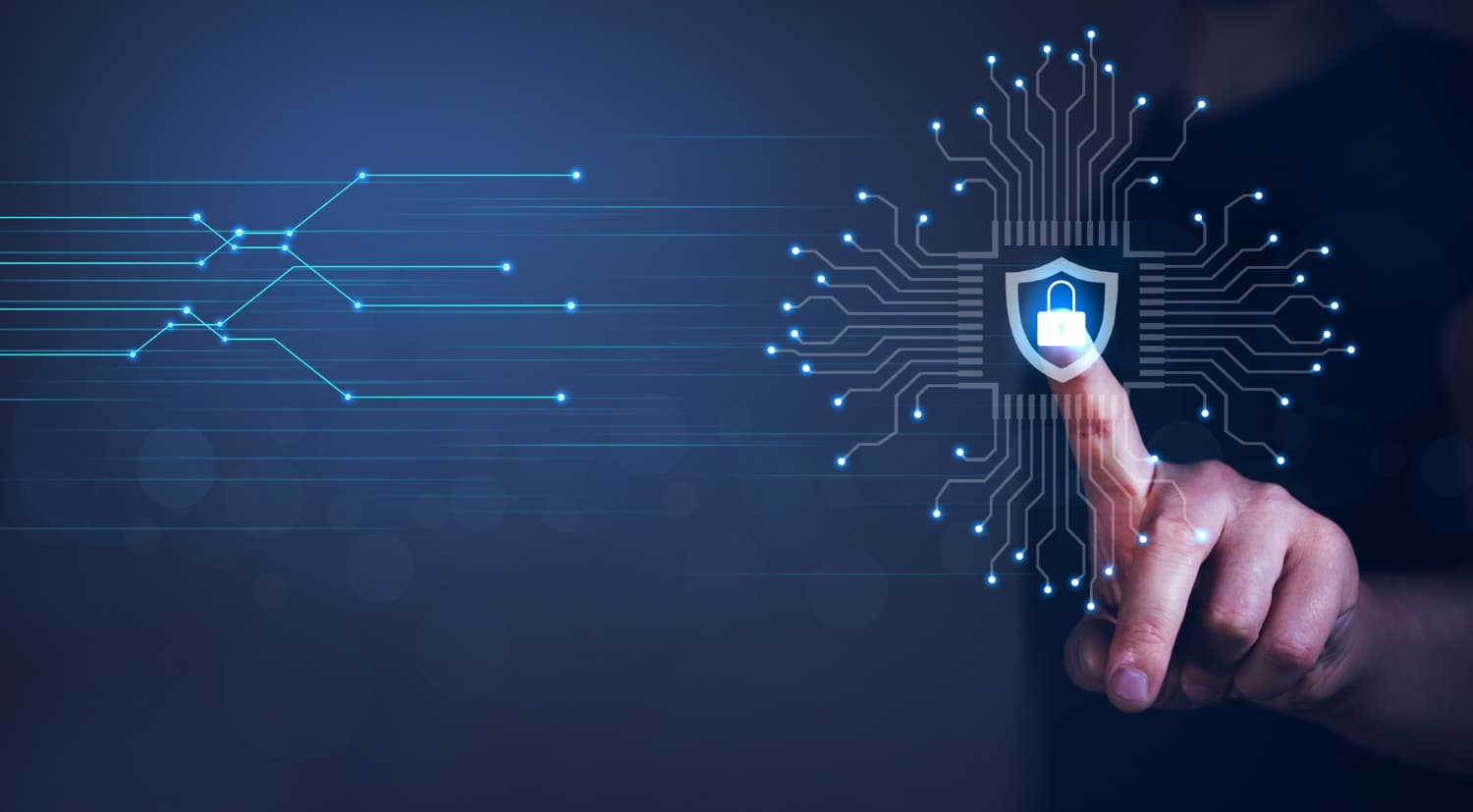
Digital Privacy in a Hyperconnected World
In an era where nearly every action—from unlocking your phone to walking past a surveillance camera—leaves a digital trace, the notion of privacy is being redefined. We live in a hyperconnected world, where smartphones, smart homes, wearable devices, social platforms, and algorithms continuously collect, analyze, and monetize our personal data. While this connectivity enables convenience and personalization, it also comes at a cost: our digital privacy is under constant pressure.
The Future of the Internet
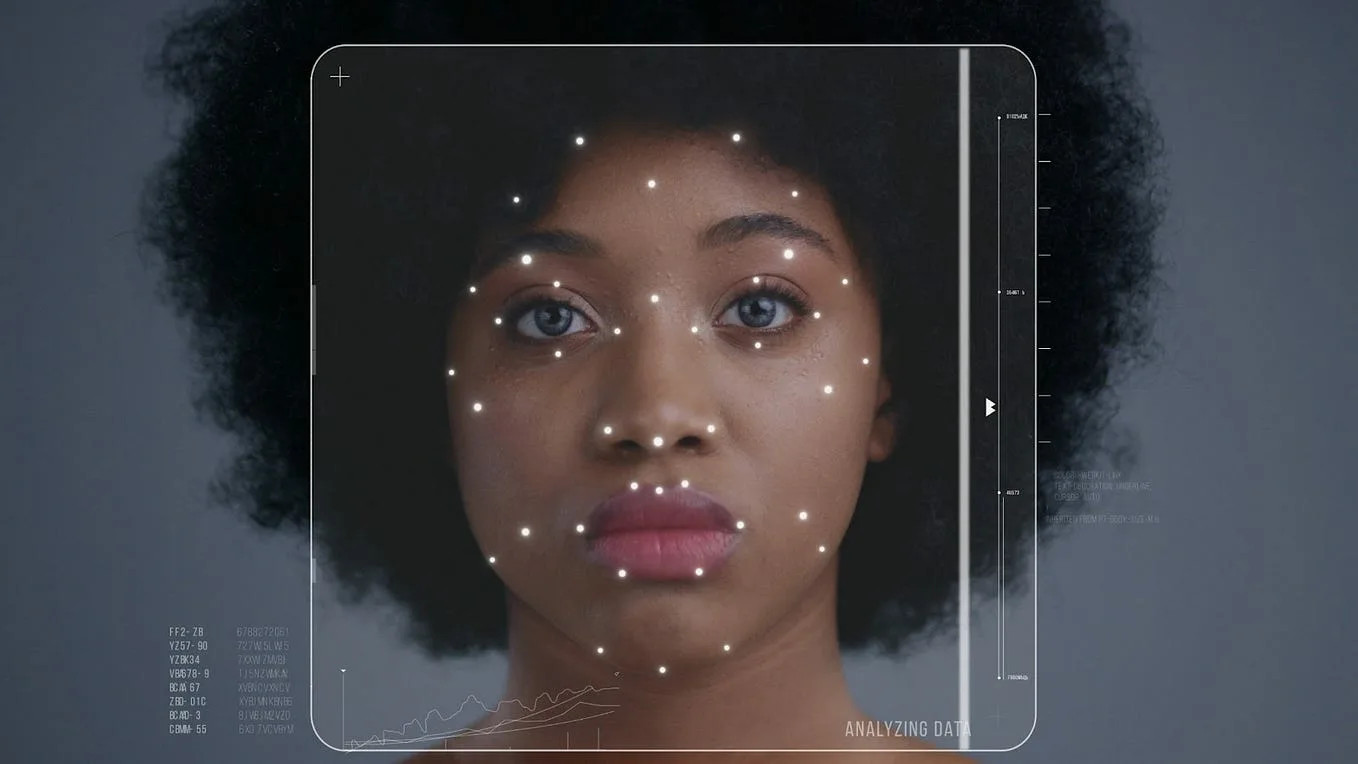
The Dark Side of Facial Recognition
Imagine walking through a crowded city square. You don’t stop, you don’t speak, you don’t pull out your phone. Yet within seconds, hidden cameras identify your face, link it to your name, your location history, your online activity, and even your emotional state. You didn’t give consent. You might not even know it happened. This isn’t science fiction. It’s already real. Facial recognition technology (FRT) is rapidly expanding—from unlocking phones to scanning crowds at concerts and surveilling citizens in public spaces. It promises convenience and security, but beneath the surface lies a host of ethical conflicts, legal gray zones, and serious risks to human rights. While the algorithms grow more sophisticated, the public debate struggles to keep pace. This article explores the dark side of facial recognition—where convenience clashes with consent, where bias becomes automated, and where power and surveillance intertwine in ways that are difficult to undo.
Tech Ethics
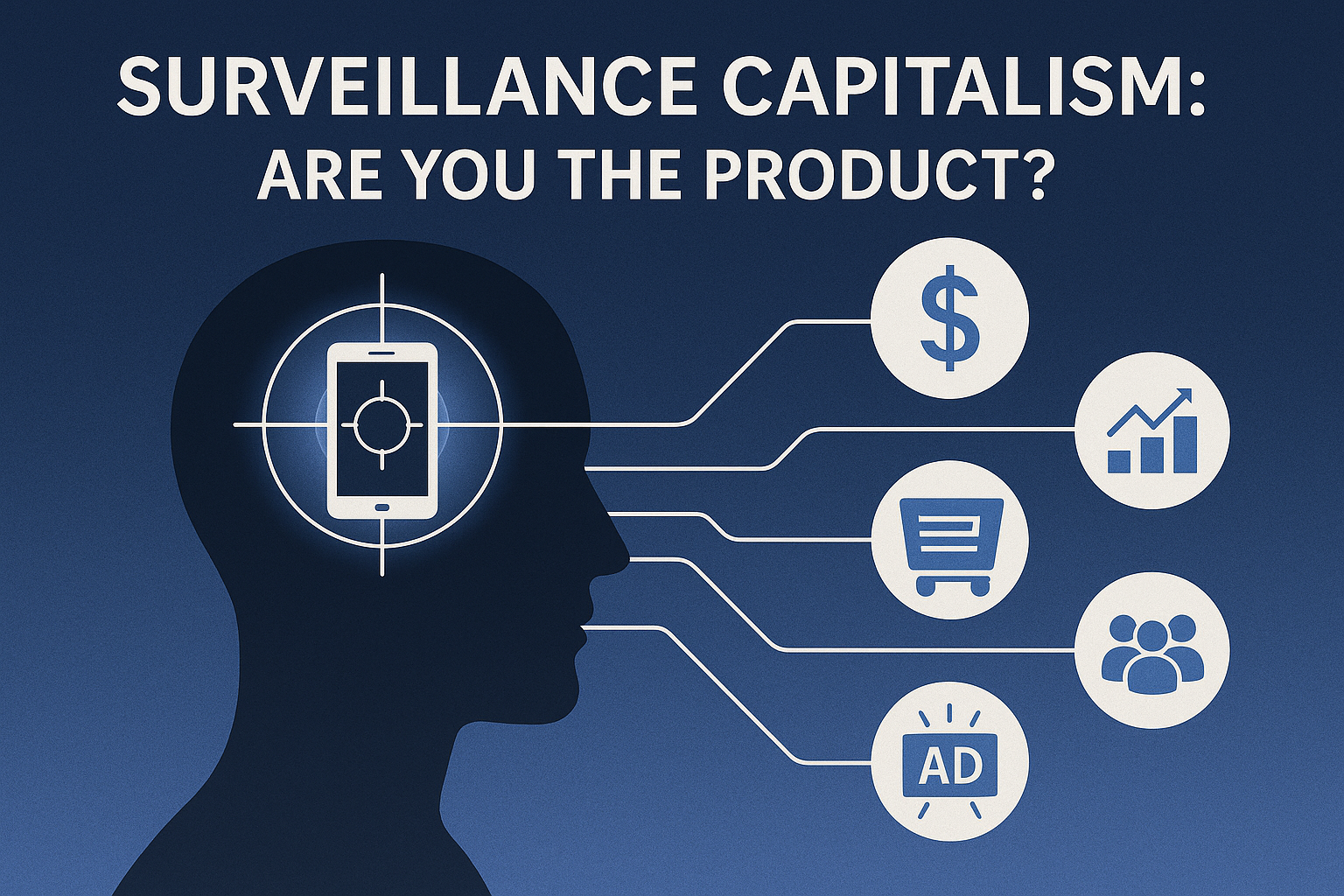
Surveillance Capitalism: Are You the Product?
Every like, scroll, search, and pause online is tracked, analyzed, and often sold. You might think you’re simply browsing or chatting—but behind the screen, your behavior is being mined like digital gold. In our hyperconnected world, surveillance capitalism has become the engine of the modern Internet: an economic model that monetizes your personal data for prediction and control. Originally framed by Harvard professor Shoshana Zuboff, the term describes a system in which companies harvest behavioral data to forecast—and influence—what we’ll do next. It’s not just about ads. It’s about power. But as platforms become more embedded in our lives, the ethical and legal dilemmas grow: Where is the line between personalization and manipulation? Between convenience and coercion? This article explores the depth and complexity of surveillance capitalism, using real-world cases, ethical conflicts, and visual frameworks to unpack what it means to live in an economy where the most valuable product is you.
Tech Ethics
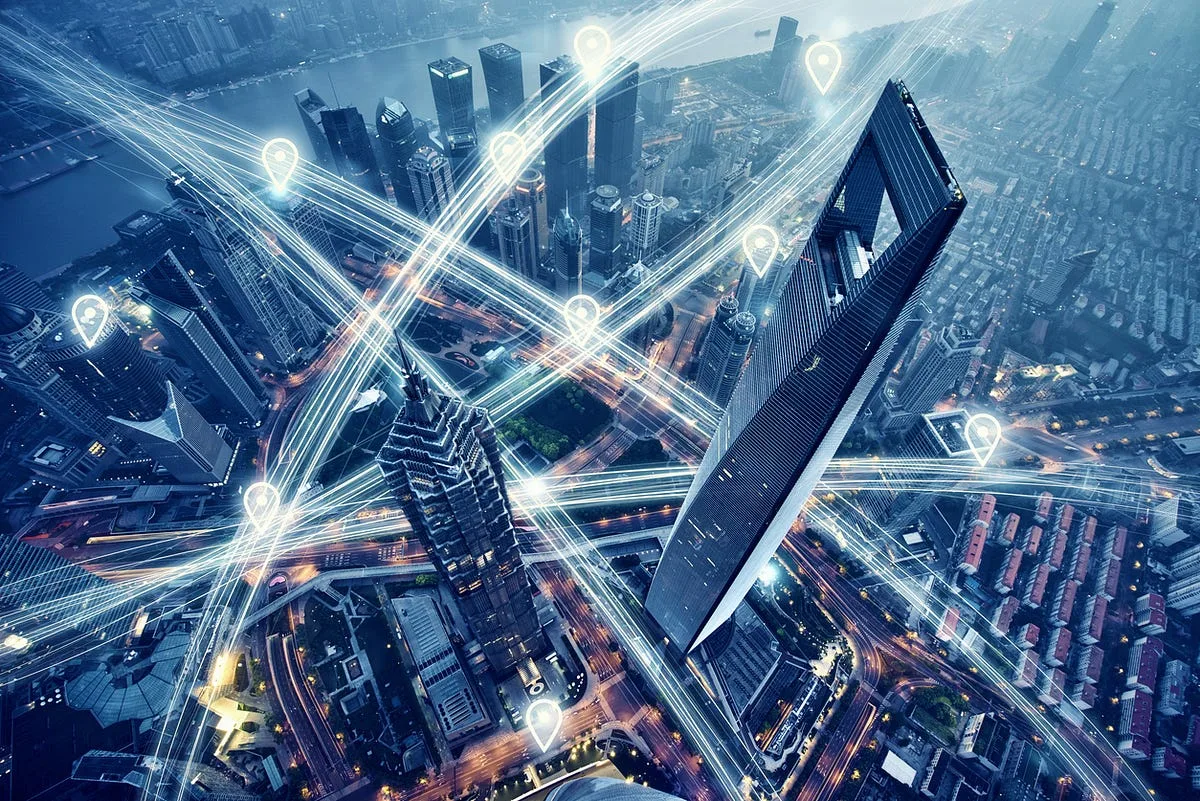
Smart Cities: When Tech Meets Urban Living
Imagine a city where traffic lights adjust in real-time to reduce congestion, buildings regulate their own energy use, and emergency services are dispatched before a 911 call is even made. This is not a sci-fi movie—it’s the emerging reality of smart cities, where digital infrastructure is interwoven with the physical world to improve how we live, work, and move. As urbanization accelerates and climate concerns deepen, cities are under pressure to become more efficient, resilient, and livable. Smart city technologies—ranging from IoT sensors to AI-powered analytics—promise to transform chaotic urban environments into optimized ecosystems. But they also raise questions: Who controls the data? Can cities become too automated? And will technology truly make urban life better—or just more monitored? In this article, we’ll explore what makes a city “smart,” where the technology is heading, and what this transformation means for the future of society.
Future Technologies
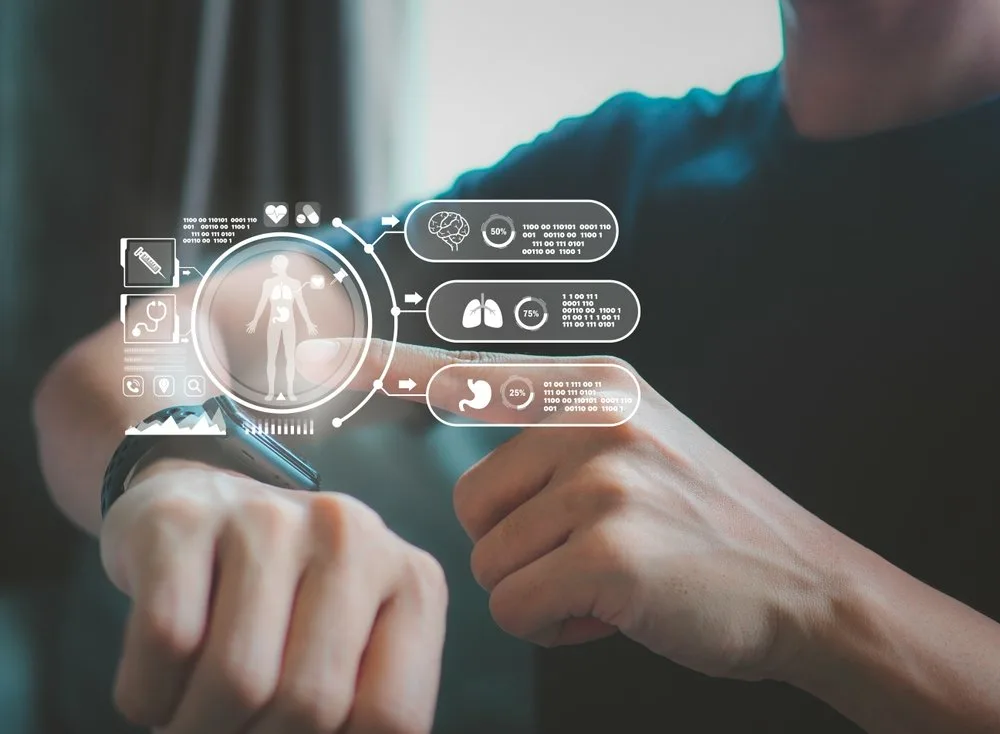
The Future of Wearable Tech: Beyond Fitness Trackers
When wearable technology first gained mainstream traction, it came in the form of simple fitness bands counting our steps and calories. Fast-forward a decade, and wearables are evolving into powerful personal ecosystems—blending health monitoring, immersive computing, emotional sensing, and even digital identity. The future of wearable tech goes far beyond counting steps; it’s reshaping how we interact with our bodies, environments, and society itself. From smart contact lenses that monitor blood glucose to brain-computer interfaces that allow you to control devices with thought, wearables are no longer accessories. They are becoming extensions of the self—part digital, part biological, and entirely transformative. But as these technologies grow more intimate and powerful, they raise new questions about data, privacy, ethics, and dependence. This article explores the next wave of wearable innovation, the forces driving it, and what lies beyond the wrist.
Future Technologies
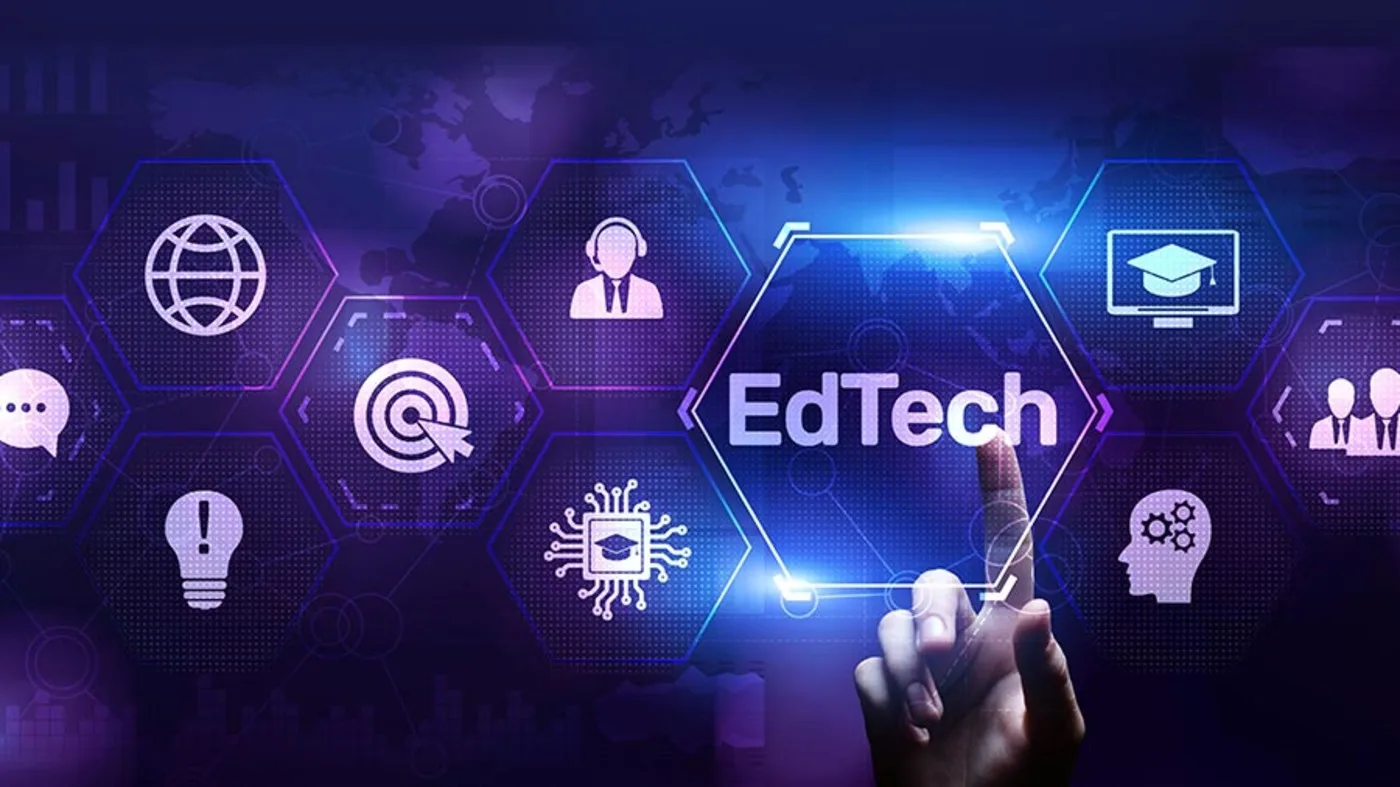
EdTech Startups That Are Shaping Tomorrow
Education has always been slow to change. Classrooms today still resemble those of a century ago—rows of desks, chalkboards (or their digital twins), a one-size-fits-all curriculum. But beneath the surface, a quiet revolution is happening. Fueled by technology, necessity, and new ideas about what learning should be, EdTech startups are rewriting the rules of how we acquire knowledge and skills. The COVID-19 pandemic didn’t invent online education—it accelerated it. Now, from Lagos to London, from primary schools to professional upskilling, digital platforms are empowering students to learn on their own terms. This shift isn't just about moving content online; it's about transforming access, personalization, equity, and even the business model of education. In this article, we’ll explore how a new wave of EdTech innovators is shaping the future of learning, and why the classroom of tomorrow might live in your pocket, in the cloud—or even in the metaverse.
AI & Automation
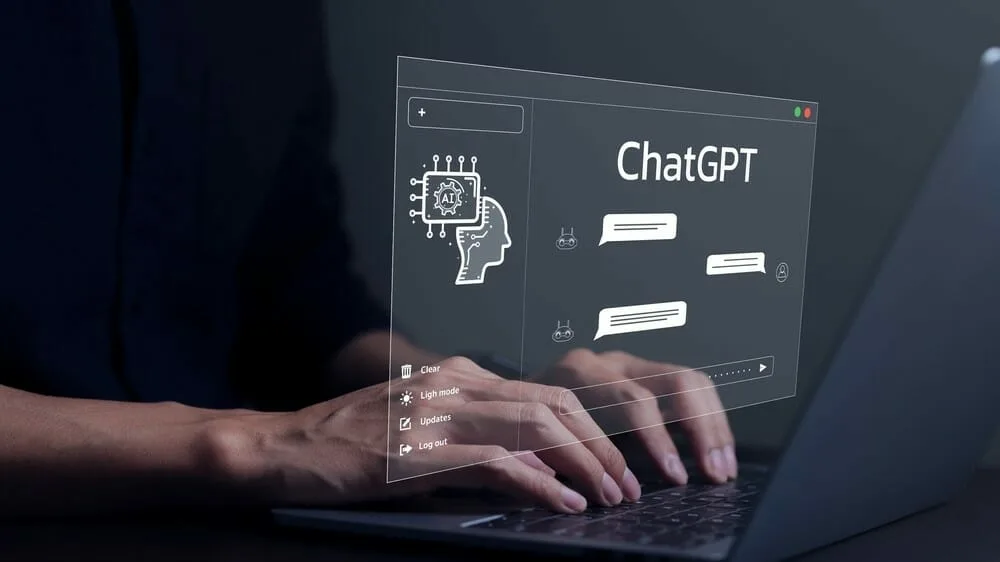
Understanding Generative AI (Like ChatGPT)
In recent years, artificial intelligence has shifted from a backstage tool to a frontline collaborator. Nowhere is this more visible than in the rise of generative AI—systems like ChatGPT, DALL·E, and Midjourney that don’t just analyze data, but produce original text, images, code, music, and more. What once took a team of designers or copywriters can now emerge in seconds from a well-crafted prompt. This revolution isn’t just about faster outputs. It’s about changing the way we think, work, and solve problems. Generative AI redefines who can create, what can be automated, and how value is generated. As it moves into classrooms, offices, hospitals, and homes, the impact of generative AI and automation will reshape society as profoundly as the Internet did. Understanding how it works—and where it’s going—is essential for anyone who wants to thrive in the coming decade.
AI & Automation
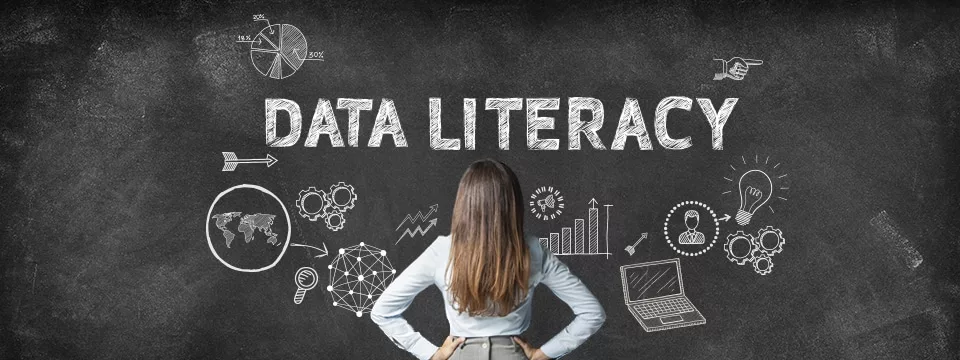
Why Everyone Should Learn Data Literacy
Every tap, click, swipe, purchase, share, and search contributes to the largest human dataset ever created. We live in a world where data is constantly generated—but rarely understood. From the news we consume to the jobs we pursue, data shapes our daily lives in subtle and profound ways. And yet, most people treat data like they once treated Latin: useful only to specialists in lab coats or finance towers. That’s a dangerous myth. In today’s economy, data literacy is not about becoming a data scientist. It’s about knowing how to ask the right questions, spot manipulation, and make better decisions—whether you're a teacher, designer, manager, or citizen. As AI and automation reshape the job market, data fluency is becoming the new reading and writing.
Careers & Skills of Tomorrow
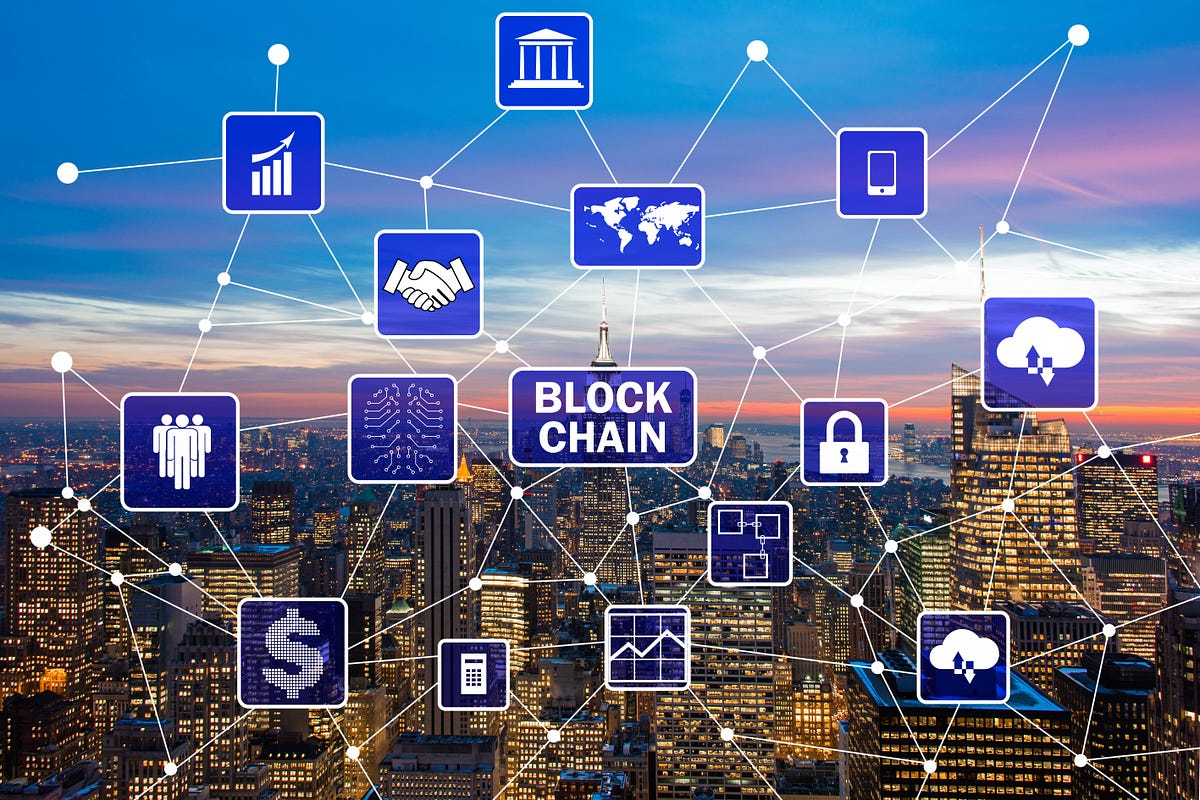
The Role of Blockchain Beyond Crypto
When most people hear "blockchain," they think of Bitcoin or Ethereum—volatile cryptocurrencies making headlines for their highs and crashes. But blockchain is not about getting rich quickly or mining coins. At its core, blockchain is a technological revolution in how we manage trust, ownership, and coordination online. As we move deeper into the digital age, traditional systems for verifying identity, tracking ownership, and enforcing agreements are struggling to keep up. They’re centralized, prone to breaches, and often opaque. Blockchain offers a radically different approach—a decentralized, transparent, and tamper-proof way to store and share information. Its potential stretches far beyond finance into supply chains, healthcare, governance, and the very infrastructure of the future Internet. Understanding blockchain beyond crypto is not just about learning a technology—it's about understanding the foundation of the next-generation digital society.
The Future of the Internet
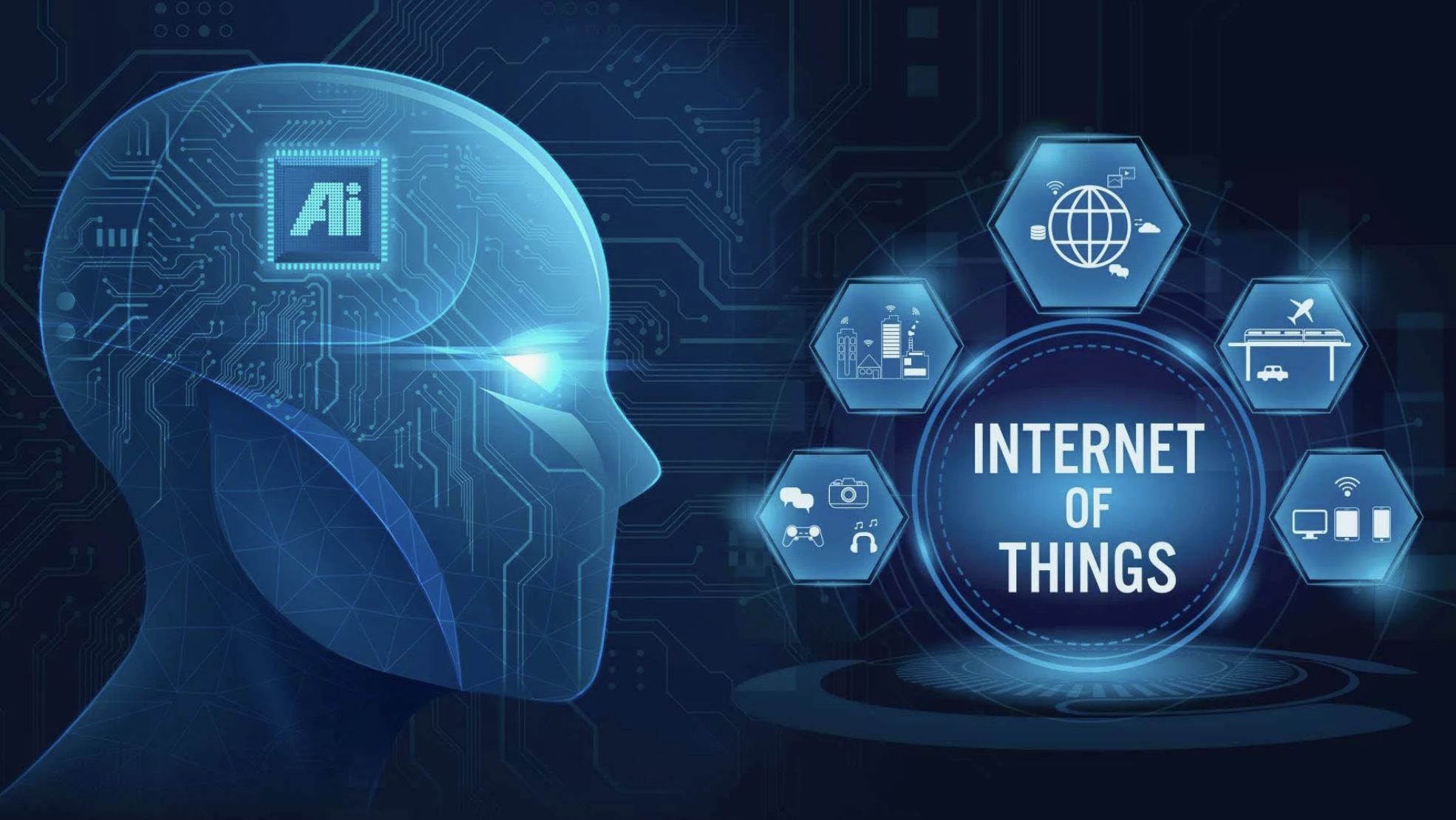
Internet of Things: A Connected Everything
Imagine your fridge texting you when the milk runs low, your watch alerting your doctor before you feel sick, and your car booking its own service appointment. This isn’t sci-fi—it’s the Internet of Things (IoT) in action. From smart thermostats to industrial sensors, billions of connected devices now silently exchange data, helping us optimize everything from personal health to city traffic. The IoT represents one of the most transformative trends of our era. It’s not just adding Wi-Fi to objects—it’s creating a digital nervous system for the physical world. As more devices come online and 5G accelerates connectivity, IoT is becoming the backbone of smart cities, autonomous systems, and real-time decision-making. Understanding this shift is crucial—not only for technologists, but for anyone navigating the future of work, privacy, and daily life.
The Future of the Internet